Nori Human Bcl-2 ELISA Kit
$508.00 – $916.00
This ELISA kit is for quantification of Bcl-2 in human. This is a quick ELISA assay that reduces time to 50% compared to the conventional method, and the entire assay only takes 3 hours. This assay employs the quantitative sandwich enzyme immunoassay technique and uses biotin-streptavidin chemistry to improve the performance of the assays. An antibody specific for Bcl-2 has been pre-coated onto a microplate. Standards and samples are pipetted into the wells and any Bcl-2 present is bound by the immobilized antibody. After washing away any unbound substances, a detection antibody specific for Bcl-2 is added to the wells. Following wash to remove any unbound antibody reagent, a detection reagent is added. After intensive wash a substrate solution is added to the wells and color develops in proportion to the amount of Bcl-2 bound in the initial step. The color development is stopped, and the intensity of the color is measured.
Alternative names for Bcl-2: B-cell lymphoma 2, BCL2, PPP1R50, apoptosis regulator
This product is for laboratory research use only not for diagnostic and therapeutic purposes or any other purposes.
- Description
- How Elisa Works
- Product Citations
- Reviews (0)
Description
Nori Human Bcl-2 ELISA Kit Summary
Alternative names for Bcl-2: B-cell lymphoma 2, BCL2, PPP1R50, apoptosis regulator
| Assay Type | Solid Phase Sandwich ELISA |
| Format | 96-well Microplate or 96-Well Strip Microplate |
| Method of Detection | Colorimetric |
| Number of Targets Detected | 1 |
| Target Antigen Accession Number | P10415 |
| Assay Length | 3 hours |
| Quantitative/Semiquantitative | Quantitative |
| Sample Type | Plasma, Serum, Cell Culture, Urine, Cell/Tissue Lysates, Synovial Fluid, BAL, |
| Recommended Sample Dilution (Plasma/Serum) | No dilution for sample <ULOQ; sufficient dilution for samples >ULOQ |
| Sensitivity | 100 pg/mL |
| Detection Range | 0.5-32 ng/mL |
| Specificity | Natural and recombinant human Bcl-2 |
| Cross-Reactivity | < 0.5% cross-reactivity observed with available related molecules, < 50% cross-species reactivity observed with species tested. |
| Interference | No significant interference observed with available related molecules |
| Storage/Stability | 4 ºC for up to 6 months |
| Usage | For Laboratory Research Use Only. Not for diagnostic or therapeutic use. |
| Additional Notes | The kit allows for use in multiple experiments. |
Standard Curve
Kit Components
1. Pre-coated 96-well Microplate
2. Biotinylated Detection Antibody
3. Streptavidin-HRP Conjugate
4. Lyophilized Standards
5. TMB One-Step Substrate
6. Stop Solution
7. 20 x PBS
8. Assay Buffer
Other Materials Required but not Provided:
1. Microplate Reader capable of measuring absorption at 450 nm
2. Log-log graph paper or computer and software for ELISA data analysis
3. Precision pipettes (1-1000 µl)
4. Multi-channel pipettes (300 µl)
5. Distilled or deionized water
Protocol Outline
1. Prepare all reagents, samples and standards as instructed in the datasheet.
2. Add 100 µl of Standard or samples to each well and incubate 1 h at RT.
3. Add 100 µl of Working Detection Antibody to each well and incubate 1 h at RT.
4. Add 100 µl of Working Streptavidin-HRP to each well and incubate 20 min at RT.
5. Add 100 µl of Substrate to each well and incubate 5-30 min at RT.
6. Add 50 µl of Stop Solution to each well and read at 450 nm immediately.
Background:
Bcl-2 (B-cell lymphoma 2), encoded by the BCL2 gene,[1] is the founding member of the Bcl-2 family of regulator proteins that regulate apoptosis, by either inhibiting or inducing apoptosis.[1] Like other BCLs, Bcl-2 has clinical significance in lymphoma. BCL-2 is localized to the outer membrane of mitochondria, where it plays an important role in promoting cellular survival and inhibiting the actions of pro-apoptotic proteins. The pro-apoptotic proteins in the BCL-2 family, including Bax and Bak, normally act on the mitochondrial membrane to promote permeabilization and release of cytochrome C and ROS, that are important signals in the apoptosis cascade. These pro-apoptotic proteins are in turn activated by BH3-only proteins, and are inhibited by the function of BCL-2 and its relative BCL-Xl. BCL-2 regulates mitochondrial dynamics, and is involved in the regulation of mitochondrial fusion and fission. Additionally, in pancreatic beta-cells, BCL-2 and BCL-Xl are involved in controlling metabolic activity and insulin secretion, with inhibition of BCL-2/Xl showing increasing metabolic activity,[2] but also additional ROS production.[3] The over-expression of the anti-apoptotic Bcl-2 protein in lymphocytes alone does not cause cancer. But simultaneous over-expression of Bcl-2 and the proto-oncogene myc may produce aggressive B-cell malignancies including lymphoma.[4] Fas-mediated apoptosis in neuroblastoma requires mitochondrial activation and is inhibited by FLICE inhibitor protein and Bcl-2.[5] RTN-XS interacts with both Bcl-XL and Bcl-2 on endoplasmic reticulum and reduces their anti-apoptotic activity.[6]
References
- Cleary ML, Smith SD, Sklar J (1986). Cell. 47 (1): 19–28.
- Luciani DS, et al. (2013). Diabetes. 62 (1): 170–182.
- Aharoni-Simon M, et al. (2016). Endocrinology. 157 (6): 2270–2281.
- Otake Y, et al. (2007). Blood. 109 (7): 3069–75.
- Poulaki V, et al. (2001). Cancer Research. 61 (12): 4864–72.
- Tagami S, et al. (2000). Oncogene. 19 (50): 5736–46.
Product Citations
Be the first to review “Nori Human Bcl-2 ELISA Kit”
You must be logged in to post a review.
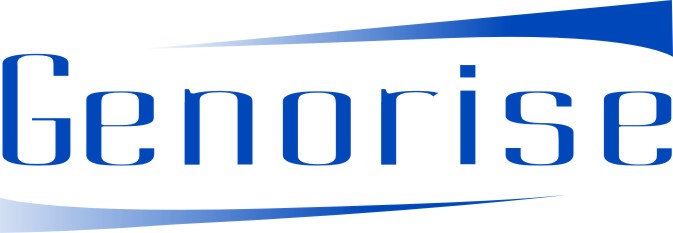






















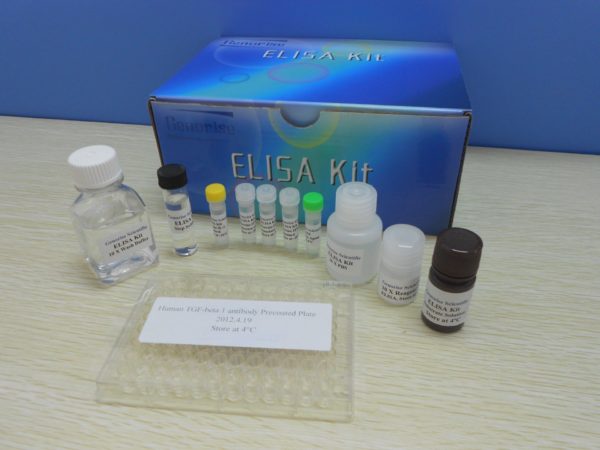
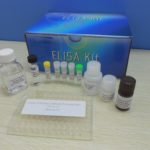
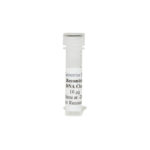
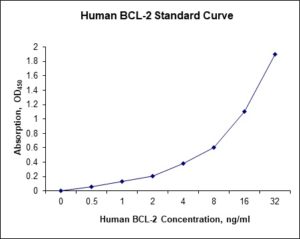
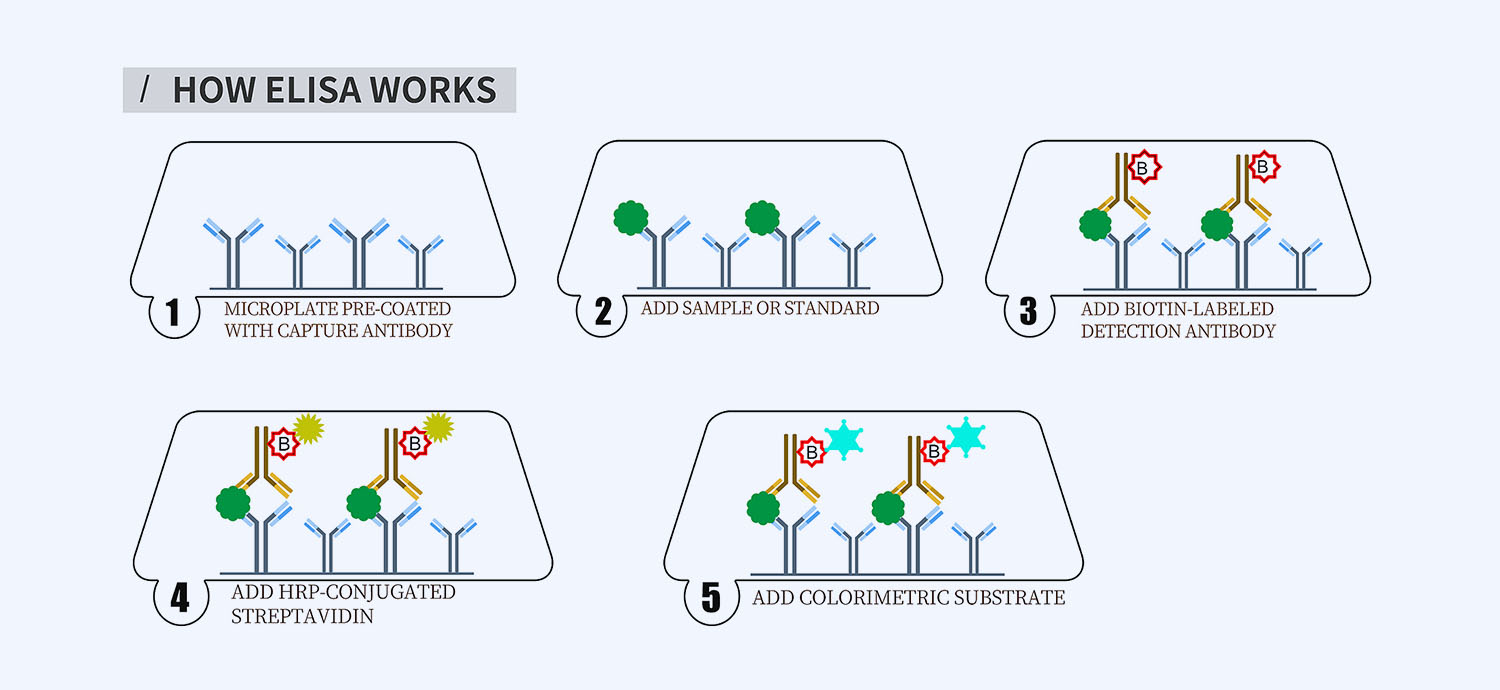
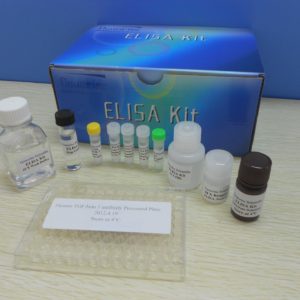
Reviews
There are no reviews yet.